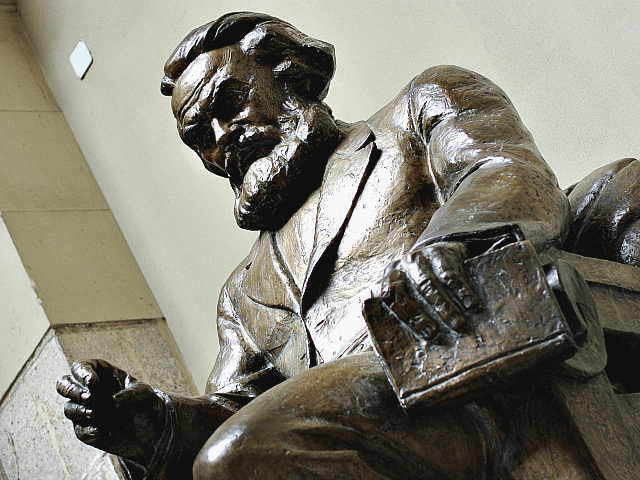“Many in the West today are still making excuses for the crimes of communism; even the European Union itself is reluctant to unequivocally condemn them,” Hungarian Prime Minister Viktor Orbán has said.
Speaking at an event to mark Memorial Day for the Victims of Communism on Saturday, the populist leader noted the left wing ideology “emerged in the 20th century as an intellectual product of the West [but] in the end it was we Central Europeans who were forced to live under this originally Western idea”.
Orbán underlined that, in the West, communism remained nothing more than a theory, providing “tingling intellectual excitement [for] meddlesome global utopians” such as Sidney and Beatrice Webb, prominent figures in Fabian socialism accused of acting as apologists for the Soviet Union.
He recalled how “many members of the Western intelligentsia, artists, writers and politicians – self-proclaimed ‘progressives’ – praised the genocidal communist dictatorship”.
“It is difficult to believe that it was not obvious to them that those whom the Soviets regarded as class enemies – or as dangerous for any other reason – were being deported to slave labour camps.”
The Fidesz leader criticised the EU in particular for its failure to condemn the crimes of communism, which he believes can be “traced back to the fact that, while an international military court passed judgement on the crimes of Nazism, after the collapse of communism representatives of the free world did not arrive at a similarly strict verdict”.
In Central Europe, however, “even after a quarter of a century we still remember the nature of tyranny – the reminders of which are everywhere”.
According to Orbán, it is those reminders which have enabled Hungarians to understand “that they can only be free if they never again surrender their sovereignty” – a reference to his recent vow to stop the EU from withdrawing “ever more powers from [its] member-states” and centralising them in the Brussels bureaucracy.
“Today in Hungary we live in freedom and safety; we have a bright future that we have chosen ourselves – unlike communism, in which we had only stifled energies and boarded-over skies,” he said.
“We can only have a future if it is both free and Hungarian; only a country of free Hungarians has a future.”
The number of people killed by communist regimes in the 20th century is estimated at 94 million. Surviving communist regimes such as China and North Korea continue to be noted for their use of censorship, political repression, and arbitrary detention – often in Soviet-style labour camps – to quash dissent.

COMMENTS
Please let us know if you're having issues with commenting.